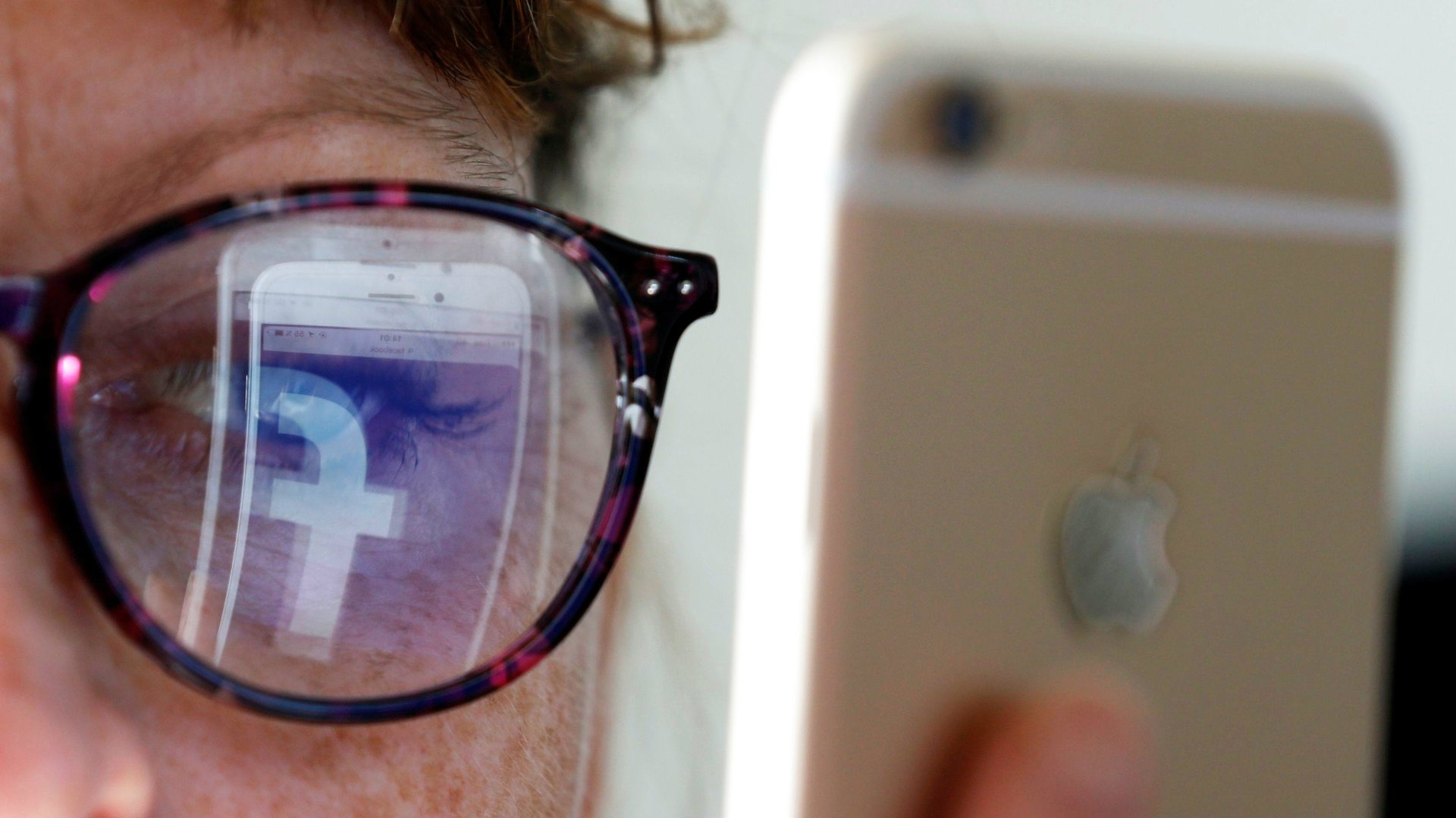Facebook wants to make payments as easy as sending a photo
Facebook thinks making payments should be as easy as sending a photo. But rolling out that service for more than a billion users isn’t something the social network’s executives think it can do on its own.


Facebook thinks making payments should be as easy as sending a photo. But rolling out that service for more than a billion users isn’t something the social network’s executives think it can do on its own.
“We don’t believe we are a payments company—we don’t believe we have the skills to be a payments company,” Paulette Rowe, Facebook’s global head of payment and financial services partnerships, said today at the Money 20/20 Europe conference in Amsterdam. “What we do want to do is to partner.”
Facebook CEO Mark Zuckerberg has acknowledged the company’s ambitions to ramp up its payment offerings. A successful payments business, after all, could help Facebook diversify away from its dependence on advertising based on collecting personal data. The company recently launched a checkout service on Instagram so users can pay for things without leaving the app. Facebook also has 1 billion people using a beta version of WhatsApp payments in India, and it recently picked London as a hub for its drive to expand WhatsApp payments globally.
But replicating the success of WeChat Pay—the ubiquitous Chinese payment service that’s built into Tencent’s chat app—has been out of reach so far.
Rowe, who is based in London, said part of her job is to talk to payment processors, banks, and financial institutions to figure out how to streamline payments with Facebook’s family of apps. The former Barclaycard managing director said it’s a “win-win-win” if Facebook comes up with ways to pay in the places—like WhatsApp and Instagram—where banks’ customers are already spending their time. “There’s clearly a demand out there to be able to start and finish the transaction within the app,” she said.
In the meantime, Facebook is in early discussions with government watchdogs, including US regulators, about starting its own digital coin, according to the Financial Times. Reports about the project, headed by former PayPal president David Marcus, have surfaced sporadically in recent months.
A so-called Facebook coin pegged to fiat currency could leverage Facebook’s enormous scale of more than 2 billion users, creating a new ecosystem for commerce and payments that would be cheaper to run than existing systems, making micro-payments efficient enough to be possible on the internet. But it’s not clear whether Facebook would have the appetite to deal with money-laundering controls and other regulatory hurdles that financial firms face, or whether consumers would trust a social media company that’s been criticized over data privacy shortcomings.
Rowe said Marcus and his team’s work with blockchain is continuing, as they suss out whether there’s a way for Facebook to use blockchain and crypto within the social network. Rowe reiterated that the Silicon Valley firm isn’t looking to become a payment company, but rather is looking to create “frictionless” experiences for users of its apps, and pointed out that it could be particularly useful in developing markets where many people don’t have bank accounts.
But as far as Facebook coin goes, “there’s really nothing to say today on that,” Rowe said. “That work is continuing and when that team is ready they’ll make an announcement.”